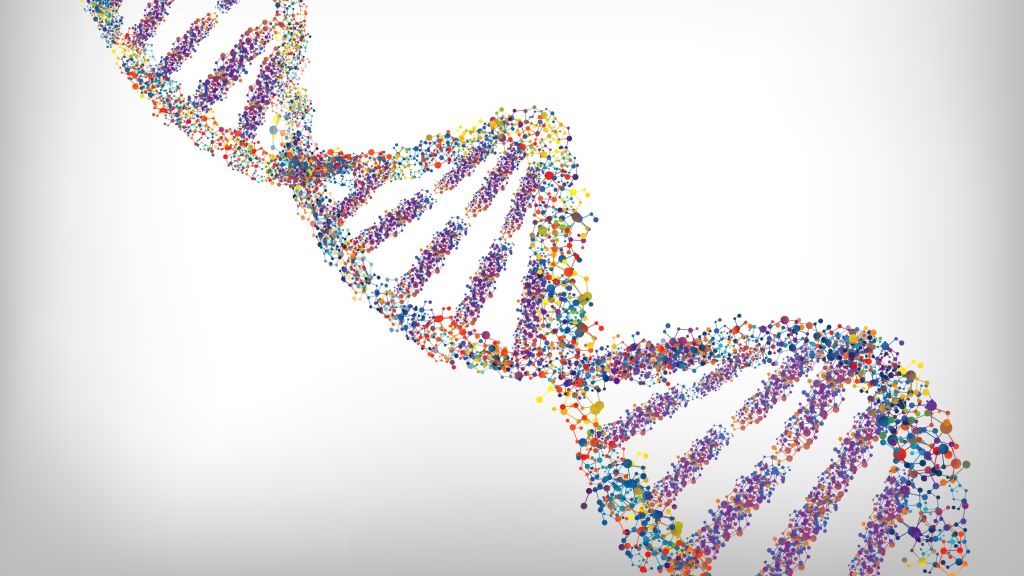Scientists Have Now Built a Molecular Computer Using Polymers
It has been demonstrated in recent years that digital information can be stored in biological and synthetic macromolecules.
In such digital polymers, the monomer units that constitute the chains are used as molecular bits and assembled through controlled synthesis into readable digital sequences. Molecular encryption in polymers opens up interesting avenues for massive information storage as well as long-term data storage.
In another attempt in this direction, French scientists have now, using mass spectroscopy, managed to store and read several bytes of data in different types of synthetic macromolecules.
The researchers from the Institut Charles Sadron (CNRS) in Strasbourg and the Institute of Radical Chemistry (CNRS) in Marseille, used synthetic molecules, optimized their structures for sequencing by mass spectrometry.
The polymers are made up of two kinds of monomers (with phosphate groups)—corresponding to 0 and 1 respectively. After every eight of these monomer “bits,” a molecular separator was added. The number of bytes represented by the complete polymer equals the number of eight-bit groups. The first step in reading the encoded information is to divide the polymer into molecular bytes by snapping it apart at the separator sites; the next is to break the phosphate bonds
, for sequencing of each byte.The team then managed to synthesize polymers that can store up to eight bytes. Thus, they were able to record the word “Sequence” in ASCII code, which assigns a unique byte to each letter and punctuation mark.
By successfully decoding this word using mass spectrometry, they set a new record for the length of a molecule that may be read using this technique. Although manual analysis of the digital data does take a few hours, it should be possible to reduce the time needed to a few milliseconds by developing software to perform this task. By associating short read times with current automated methods for writing data, this work paves the way for synthetic polymer storage of several kilobytes of data, roughly equivalent to a page of text—just like the very first floppy disks.
All-in-all, the impression given is that the researchers are sophisticated chemists intoxicated with the idea of synthetic monomer chain digital storage but fairly unversed in digital storage technologies. This could lead them into a digital synthetic monomer storage curiosity shop – chemically interesting but digitally useless.































